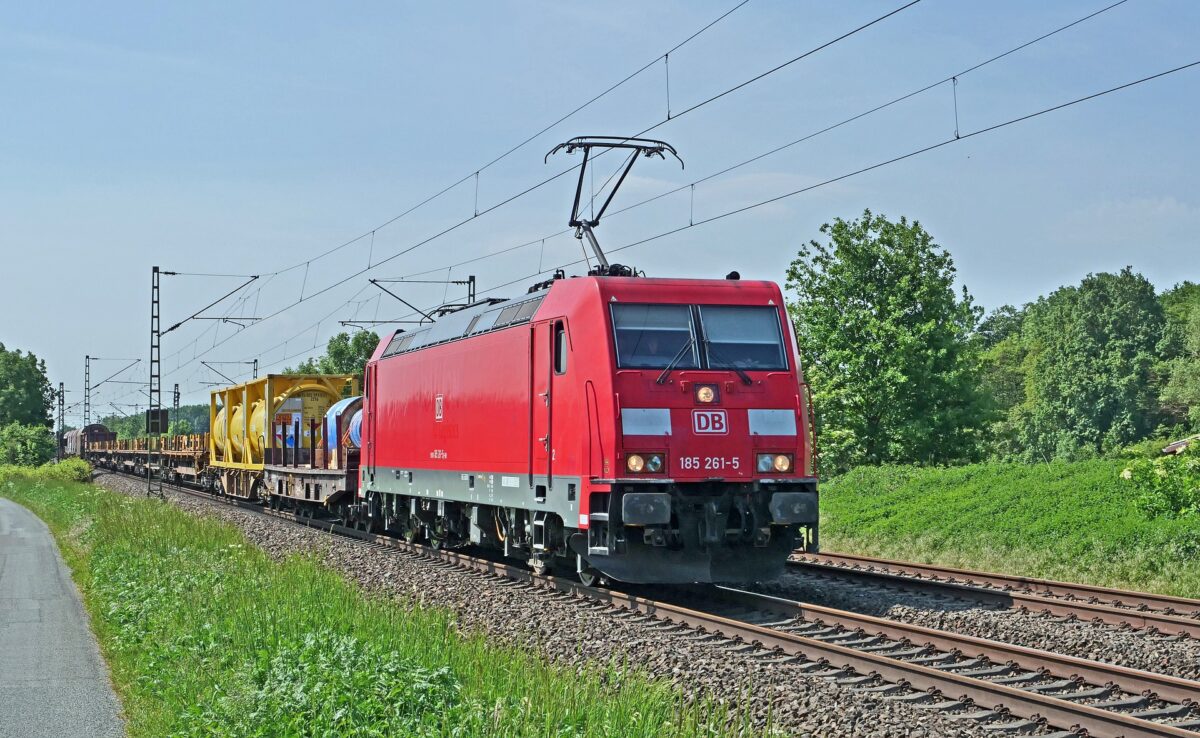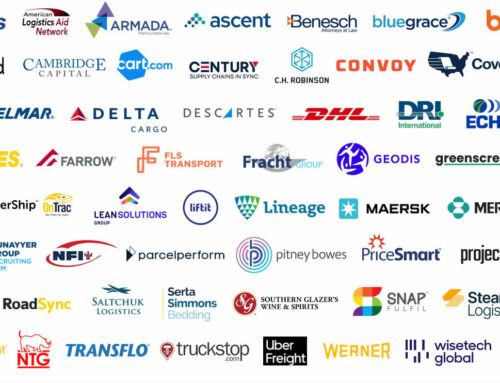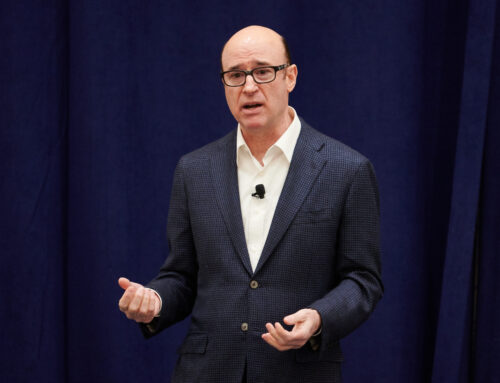Originally published at dcvelocity.com on May 21, 2018.
GE Transportation and Wabtec Corp. agreed today to an $11.1 billion merger that will create a rail manufacturing giant and will end GE Transportation parent General Electric Co.’s direct involvement in the North American railroad industry, which dates back 111 years.
Under the deal, which had been rumored for several weeks, GE Transportation and Wabtec will be spun off into a separate company, with GE and its shareholders owning 50.1 percent and Wabtec shareholders controlling the remaining 49.9 percent. GE will receive a $2.9 billion up-front cash payment from Wabtec. The transaction is expected to close in early 2019. Shares of both companies rose today.
The combined company, to be known as Wabtec, will have $8 billion in annual revenues, a fleet of 23,000 freight and transit locomotives, and parts that are embedded in virtually all railcars traversing North America. It will be headquartered in Wilmerding, Pa., a Pittsburgh suburb that is home to Wabtec’s headquarters. Wabtec’s freight segment will be based in Chicago, GE Transportation’s current headquarters.
Wabtec Chairman Albert J. Neupaver will be the new firm’s executive chairman, and Raymond T. Betler, the company’s president and CEO, will hold the same roles with the new concern. GE Transportation President and CEO Rafael Santana will run the freight division.
GE Transportation, which for decades was known as GE Rail, is the largest North American producer of diesel-electric locomotives for freight and passenger use. Besides locomotive and railcar parts, it also produces products such as railroad signaling equipment, and provides repair services for GE and other locomotives.
The parent had been shopping the unit since November, when GE Chairman and CEO John L. Flannery, stung by the company’s poor financial performance and confronting a top-heavy organization, vowed to streamline the Boston-based colossus. GE is expected to focus future investments on such industries as aviation, power generation, information technology, and medical devices. The $2.9 billion up-front cash infusion will also provide the parent with a significant source of capital.
The deal “makes sense for both sides,” Benjamin Gordon, who runs a transport and logistics merger and acquisition firm, said in an e-mail. “GE needed to divest and simplify its business.”
The companies emphasized that the deal is being done during a strong recovery cycle for North American railcar demand. GE Transportation said it has an $18 billion order backlog, which includes 1,800 new locomotives and 1,000 more to be modernized.
In an effort to broaden its markets, the unit has deployed its “Port Optimizer” technology at U.S. marine facilities to connect all supply chain stakeholders with enhanced shipment visibility. It has implemented the technology at the ports of Los Angeles and Long Beach, which comprise the nation’s busiest port complex. A pilot program has been completed at Los Angeles, and the entire port is expected to go live in July. A pilot program at Long Beach will also launch in July.
Katie Zoller, a spokeswoman for GE Transportation, said the broad port initiative is not affected by today’s deal, and the unit is in discussions with other ports to develop similar programs.










